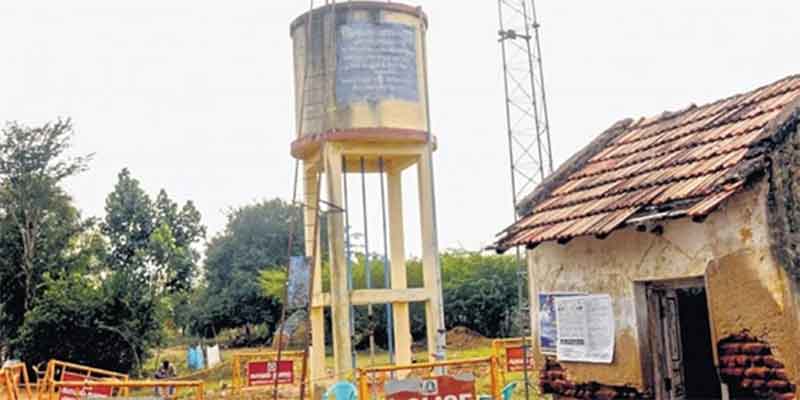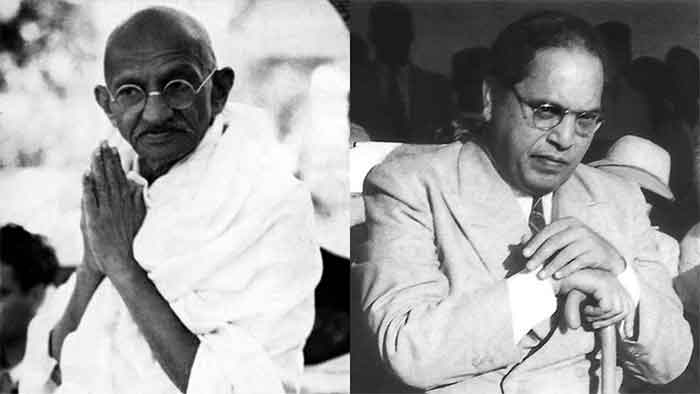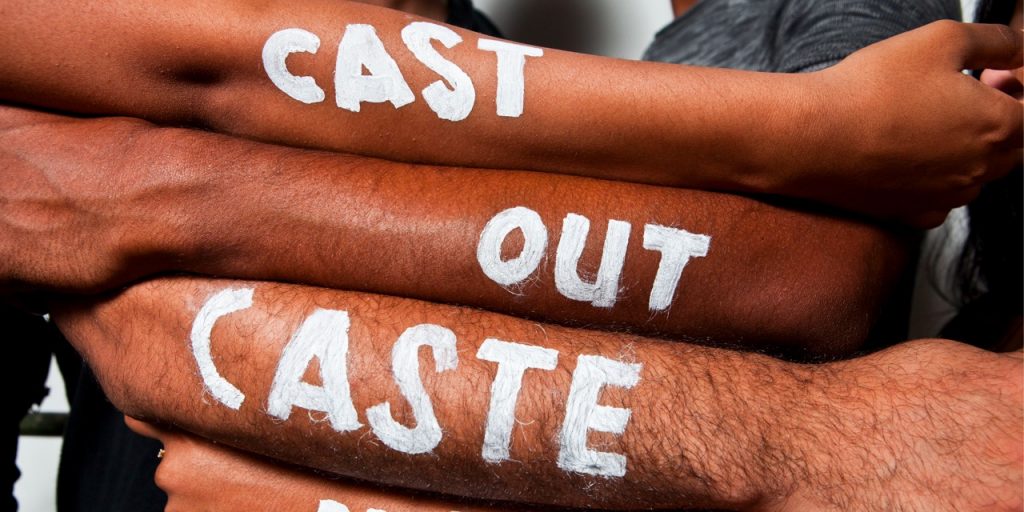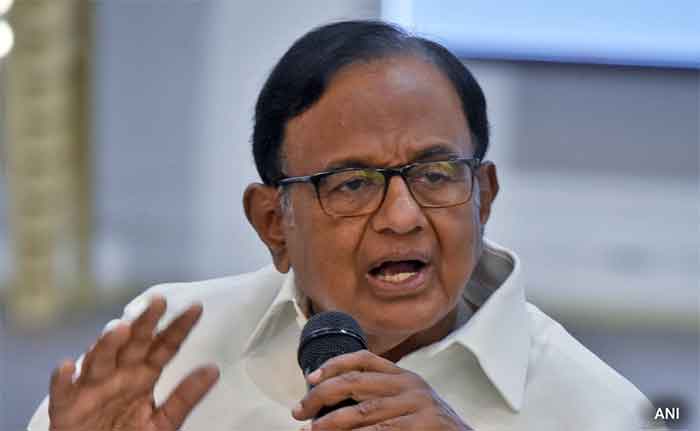Pursuant to the news published in The Hindu on 29 February 2024 regarding the Badaga community members refusing to allow bus to ply to SC/ST villages in the Nilgiris, a fact finding team was sent to Ebbanad Panchayat in Udhagamandalam Taluk of the Nilgiris district by the human rights organization- People’s Watch, Madurai, Tamil Nadu on 03 March 2024 in the quest of finding or documenting the violation/ truth.
The Ebbanad Panchayat consists of four villages namely; Ebbanad- the main village, Kengemudi- the adjacent village, Korenur- the Dalit village and Bikkapathy Mund- the tribal village. Hence, the Panchayat is inhabited by three communities namely; Badagas, Dalits and Toda tribes. The Badagas belong to the backward caste and reside in the villages of Ebbanad and Kengemudi comprising about 500 families which contribute to the majority population whereas the Dalits and the Todas reside in Korenur and Bikkapathy Mund villages comprising 30 and 15 families respectively which contribute to the minority population of the Panchayat.
Ebbanad being the main village is well equipped with a primary healthcare unit, primary and secondary schools, road, transport services, street lights and other amenities whereas the Tribal and Dalit villages are situated in the secluded areas which lack basic facilities of transport, roads, toilets, street lights, etc. These villages are referred to as colonies by the Badagas. It is observed that such facilities extend only up to the Ebbanad village or where the dominant community resides. The pathetic condition of these villages is evident in the existence of systematic discrimination and exclusion against the socially and economically backward sections of the society in accessing the basic amenities.
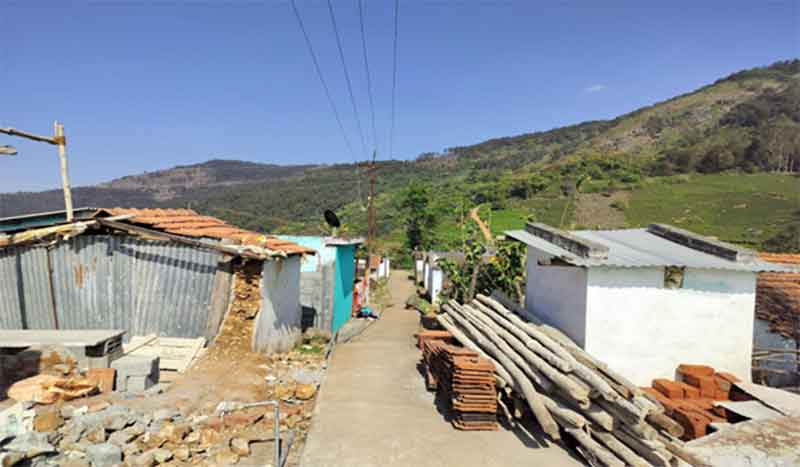
Initially, two buses were allotted to the Ebbanad Panchayat whose services extended up-to Ebbanad and Kengemudi respectively. So, in order to board the bus the residents of Korenur and Bikkapathy Mund had to trek either 1.5 km and 5 km to Kengemudi or 2 km and 6 km to Ebbanad respectively. Hence, the residents of both the villages, especially the Todas, had to spend more than 4 hours in a day to board a bus or to return home for their day to day activities which amplified their difficulties.
It is pertinent to note that the way to Bikkapathy Mund goes through deep forest which is the home of wild animals such as leopards, tigers and elephants with no street lights and road. This not only hinders the residents who go out to earn their livelihood or students to pursue their education but the ones who step out of their home put their life into peril and there comes the question of right to life; were the SC/ST not promised for their empowerment under Part III and IV of the Indian Constitution?
However, with the consistent efforts of the Todas and Dalits the bus services were extended to Korenur by the district administration but this did not last longer as the Badagas protested and didn’t allow the bus to ply from the Dalits village because it was “their bus”. The anger and agitation amongst the dominant group symbolizes their discriminatory mindset. This not only highlights the deep-rooted prejudices and inequalities prevalent within the community but also underscores the broader implications of caste-based discrimination on public service provision.
Consequently, a spare bus was allotted to the Dalit village or Korenur from 01 March 2023. But, the villagers of Bikkapathy Mund and Korenur demanded to extend the buses to increase the mobility and also the timings of the bus were not feasible. Following which bus services were increased.
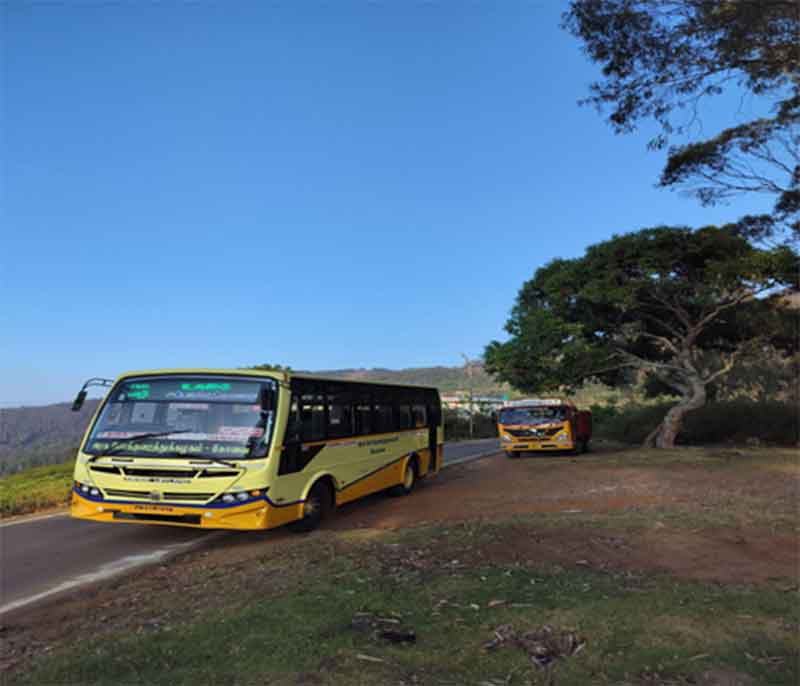
The district officials attempted to address the issue by proposing a seemingly simple solution: providing separate buses. It is a stop-gap measure which perpetuates the message of segregation and undermines the fundamental principle of equality enshrined in the constitution. In their eagerness to resolve the problem immediately, they overlooked the underlying issue of casteism and subjugation. It is imperative to recognize that extending the bus service to the Dalit village would not only benefit the marginalized community but also contribute to the overall welfare of the region. Such a move would not only promote equality and inclusivity but also align with the principles of social justice. Moreover, from a pragmatic standpoint, extending the bus service to all villages, regardless of caste, would likely be more cost-effective for the state in the long run.
Hence, it is necessary to address the root cause of the problem and strive towards a solution that upholds the principles of equality and justice for all communities. Simply providing superficial fixes will only perpetuate the cycle of discrimination and marginalization.
Huma Wasim is an Advocate and legal researcher who is currently pursuing LLM in access to Justice at TISS.



